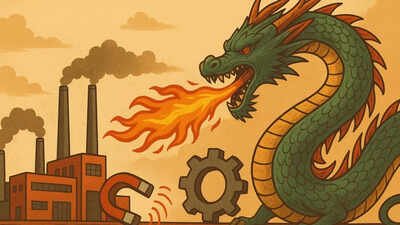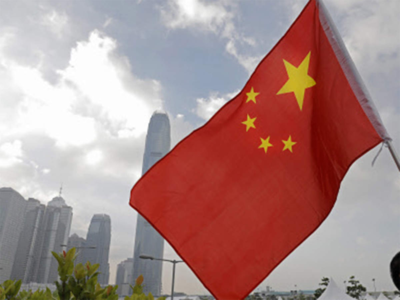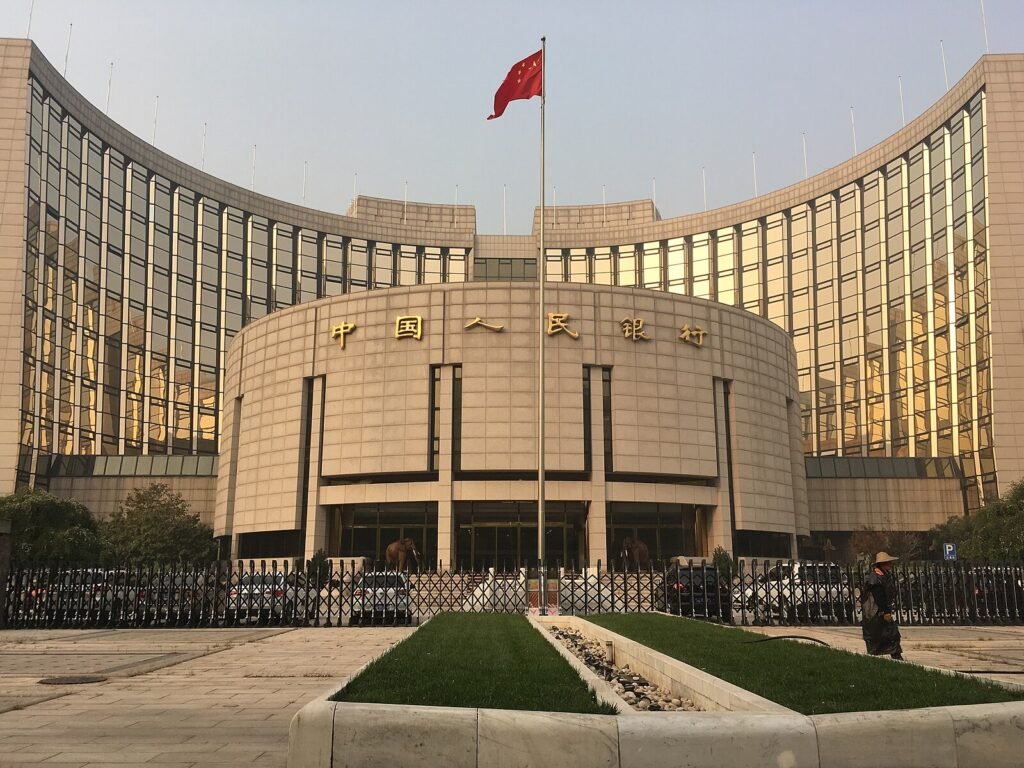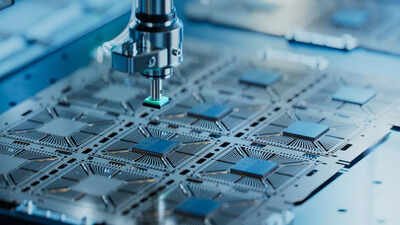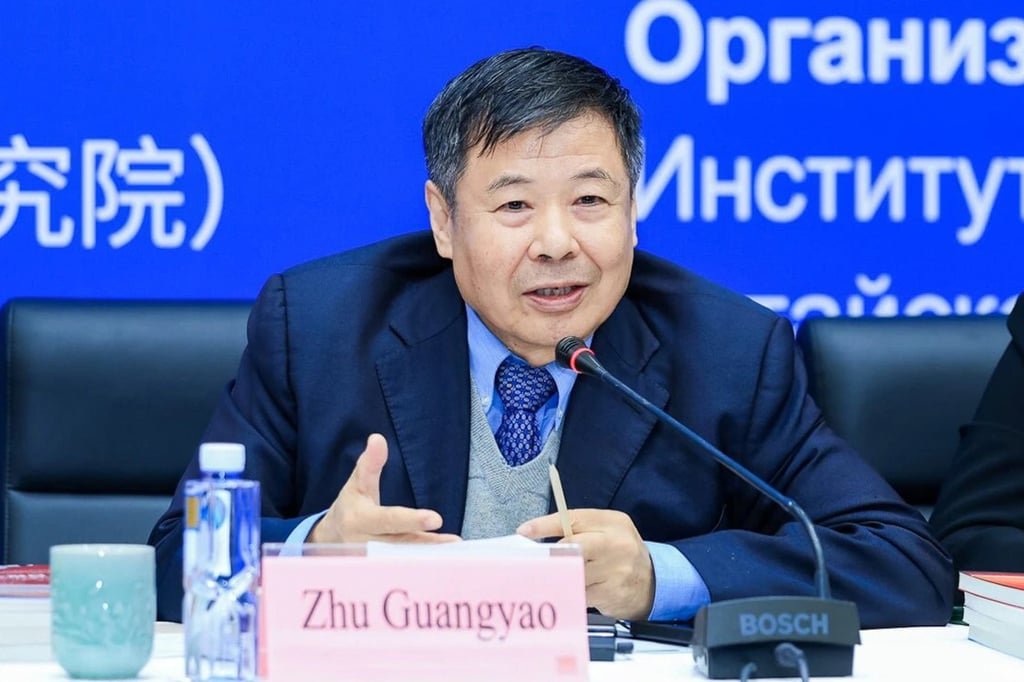Hong Kong
—
Chinese leader Xi Jinping is convening a key political meeting this week where he will push forward his next five-year strategy to strengthen the world’s second-largest economy in the face of mounting friction with the United States.
The gathering, known as the fourth plenum, provides an opportune moment for Xi to showcase China’s brand of highly choreographed economic planning and his tight control over its political apparatus, days before a potential meeting with US President Donald Trump on the sidelines of an international summit in South Korea.
It will be closely monitored by outsiders for clues about the inner workings of China’s opaque ruling Communist Party. Intrigue heightened on Friday, when state media announced the ousting of China’s No. 2 general, the highest-ranking casualty yet of Xi’s ongoing anti-corruption purge of the armed forces.
The conclave comes at a critical time for Beijing. China’s leadership sees itself as navigating an increasingly hostile global landscape – with US trade frictions and mounting restrictions on Chinese access to Western technology – while also grappling with deep-seated economic challenges at home.
More than 300 full and non-voting delegates of the powerful Central Committee will gather in Beijing for the closed-door plenum, one of seven meetings typically held within five years, between party congresses.
Gathered elites will focus on reviewing proposals for China’s next five-year plan, a strategic blueprint for national priorities, which will set the tone for how the country handles mounting global and domestic stressors.
The upcoming plan, which will run from 2026 through the end of the decade, is expected to emphasize China’s economic security and technological innovation in sectors like artificial intelligence, quantum computing, new energy and biotechnology.
But that won’t be the only item on the agenda, and the conclave may also include a personnel reshuffle if new officials are appointed to key roles vacated by those purged.

Full details of the upcoming five-year plan will not emerge until after it is approved by China’s rubber-stamp legislature in March next year. But Xi has already given strong hints about his priorities as he looks to adjust China’s economic strategy to ensure “high-quality development” for the rest of the decade.
It’s a decade that Xi could well see out in power. The strongman leader broke precedent to remain head of the party and the state for a third term starting in 2022, and has so far avoided elevating an heir apparent.
Xi earlier this year called on provincial leaders to spend the next five years focusing on the development of emerging and future industries and breakthroughs in core and cutting-edge technologies, while also coordinating “development and security” and considering “internal and external risks.”
China has already made sweeping advances in high-tech industries, like electric vehicles, solar panels and batteries, and is fast catching up with the US in other advanced areas like semiconductors, AI and biotech – sectors included in the current five-year plan, which ends this year.
But the country’s industrial innovation has also been marred by production overcapacity. A surge of production has fueled frictions with trade partners that accuse China of flooding global markets, while also contributing to persistent deflation and price wars between competing firms at home.
China’s slowing economy also needs rebalancing as it faces a prolonged property slump, persistent deflation, weak consumer demand and high youth employment, as well as longer-term concerns like its rapidly aging and shrinking population.
But many observers expect Xi will largely look to stay the course he’s already charted for China, while making some targeted adjustments.
“There are few reasons to expect that a new five-year plan would deviate, considering that Xi Jinping has been in control of the whole system now very definitively … and doesn’t need to have a big headline (initiative)” at this stage, said Jacob Gunter, who heads the economy and industry program at MERICS think tank in Berlin.
Gunter said to expect “some signaling” in the coming plan around boosting consumption and addressing “involution” – or cutthroat domestic competition linked to overcapacity. But signs of a deeper shift, if it comes, would include meaningful efforts in the coming months and years to expand the social safety net and tackle issues around subsidies and over-investment, among others, he said.
All eyes will also be on any personnel changes that could take place this week, including potential appointments to the powerful Central Military Commission, which oversees China’s 2 million-strong armed forces.
The CMC has been rocked by Xi’s anti-corruption purge, with three of the body’s six uniformed members ousted since 2023, including He Weidong, the No. 2 general.
The announcement of his removal Friday confirmed months of speculation about He’s fate after he vanished from public view last March. He, who served as a CMC vice chairman, was also a member of the 24-member Politburo, the second-highest echelon of Communist Party leadership.
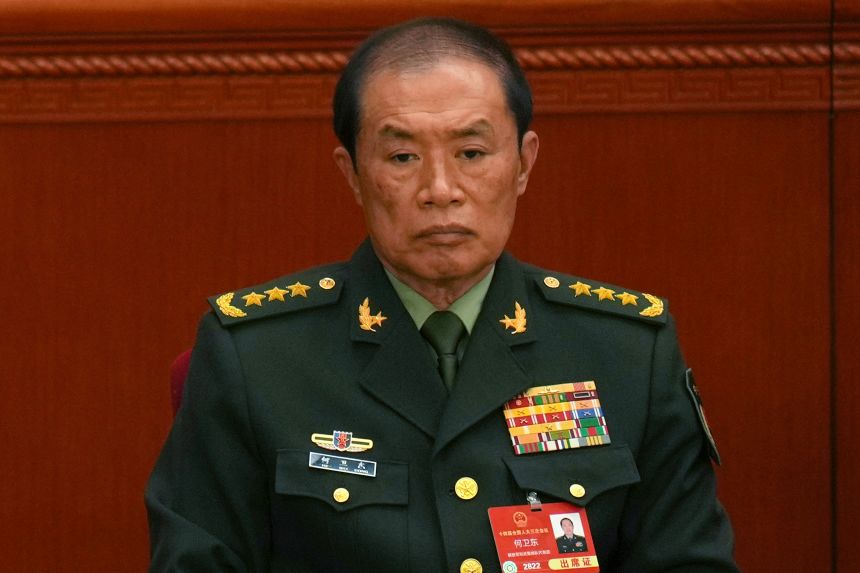
His ousting from the party was announced alongside that of fellow CMC member Miao Hua, who was removed from his military position in June, as well as seven other officers. All “were suspected of severe duty-related crimes involving exceptionally large amounts of money,” according to state media.
The shake-up leaves an unusual number of spots open on the party’s Central Committee, which began its term in 2022 with 205 members and 171 non-voting alternates. About a dozen seats are expected to be filled by alternate members at this plenum.
It’s not clear whether Xi will choose to refill the ranks of the CMC, which he chairs – or whether he will prefer to keep his close hold on the smaller group.
The existing vacancies on the Central Committee and the potential for other disciplinary moves this week could bring “the biggest personnel shake-up” at a plenum since at least 2017, according to Neil Thomas, a fellow on Chinese politics at the Asia Society Policy Institute.
“Record purges strengthen, not weaken, Xi’s grip over the party and the (People’s Liberation Army). Every Central Committee member knows their future hinges on staying in Xi’s good graces,” he said.


